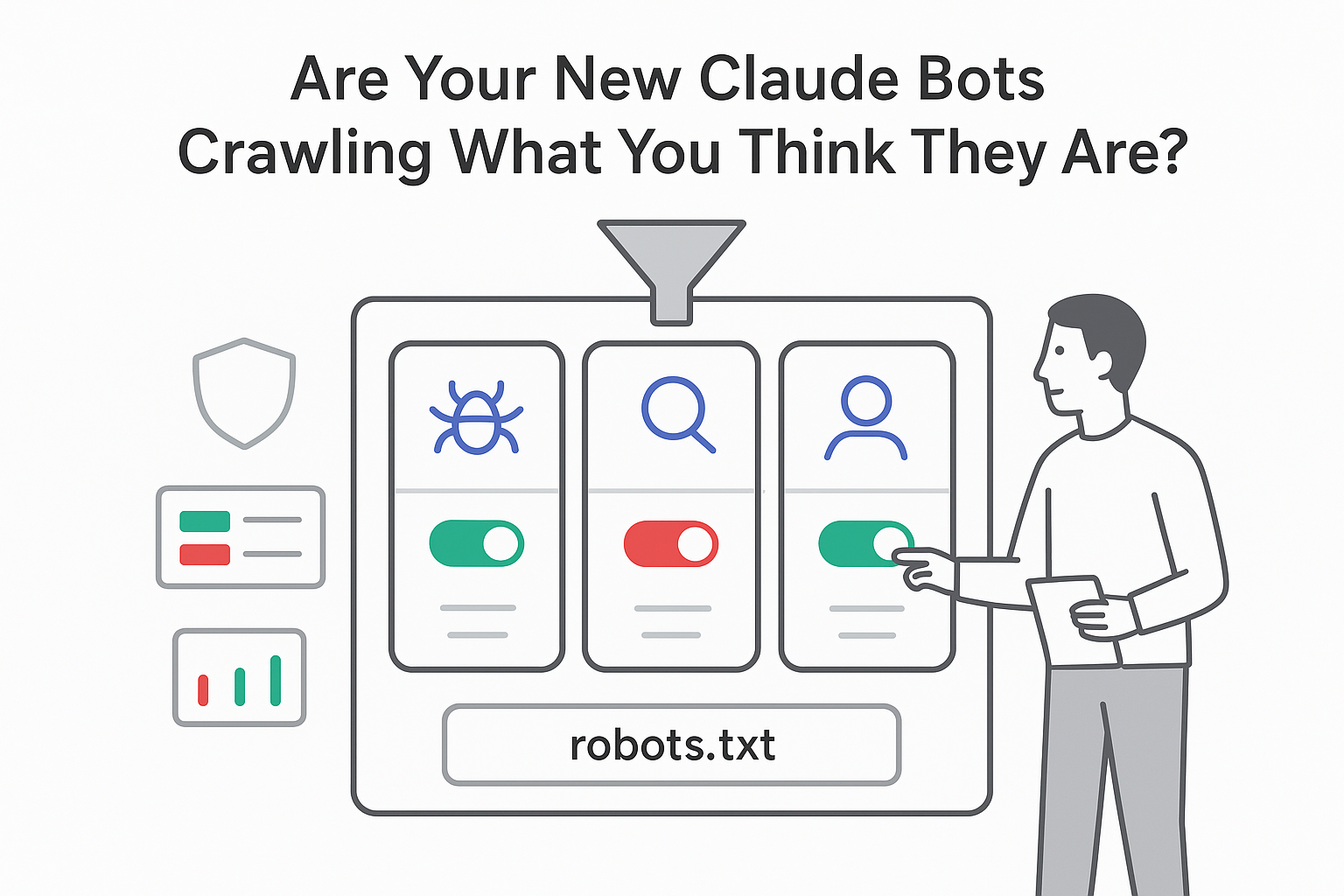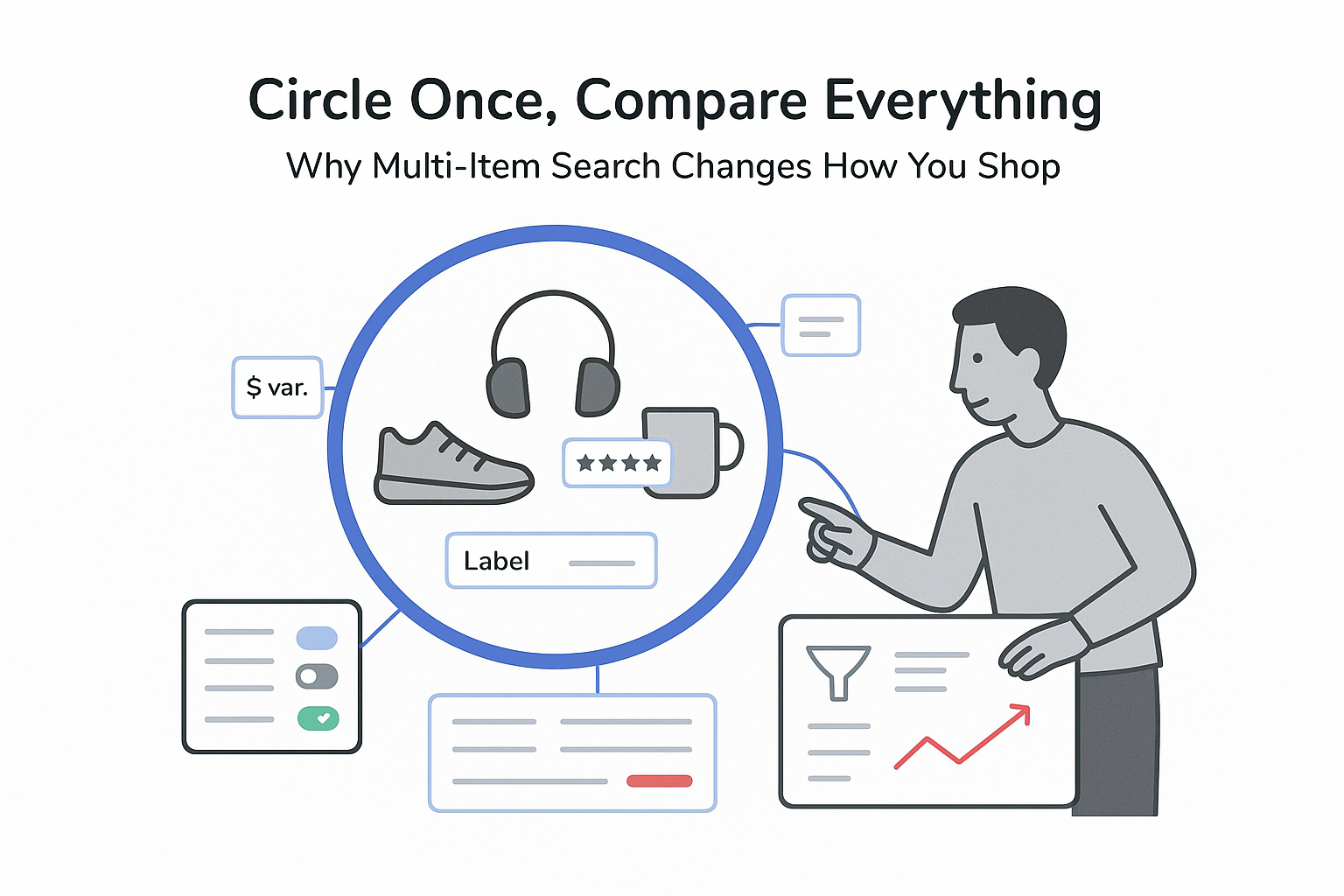Anthropic has released Claude Opus 4.1 across its web app, API, Amazon Bedrock, and Google Cloud Vertex AI. The upgrade raises coding accuracy, strengthens long-horizon reasoning, and introduces adjustable “thinking budgets,” all without changing pricing or the existing API structure.
Key Features and Availability
The Claude Opus 4.1 model replaces Opus 4 for Claude Pro and Claude Code subscribers at no extra cost. Developers can switch to the new version by updating the model name in their API calls.
- Generates up to 32,000 output tokens for extended responses.
- Hybrid reasoning lets users trade speed for depth via thinking budgets.
- System message length and 200,000-token context window unchanged.
- Temperature, top-p, and token limits remain configurable.
Anthropic reports more natural writing and broader language support, including Python, Java, TypeScript, and more than twenty additional programming languages. The model respects style guides and keeps naming conventions consistent across entire repositories.
Performance and Safety
- SWE-bench Verified score: 74.5% on real code fixes.
- Enterprise tests show improved multi-file refactoring and debugging.
- One-standard-deviation gain on Windsurf agent benchmark.
- Harmlessness refusal rate rises to 98.76%; benign refusal rate steady at 0.08%.
- No new issues detected in bias, discrimination, or child safety.
On TAU-bench long-horizon tasks, Claude 4.1 leads current commercial models, a result Anthropic attributes to better planning and self-reflection routines. Independent red-teaming partners validated the company’s internal safety evaluations.
The model can summarise or answer questions about document sets exceeding 150,000 words via streaming, making it suitable for tasks like patent analysis or large-scale research review.
Pricing
Token pricing remains unchanged at USD 15 per million input tokens and USD 75 per million output tokens.







.svg)